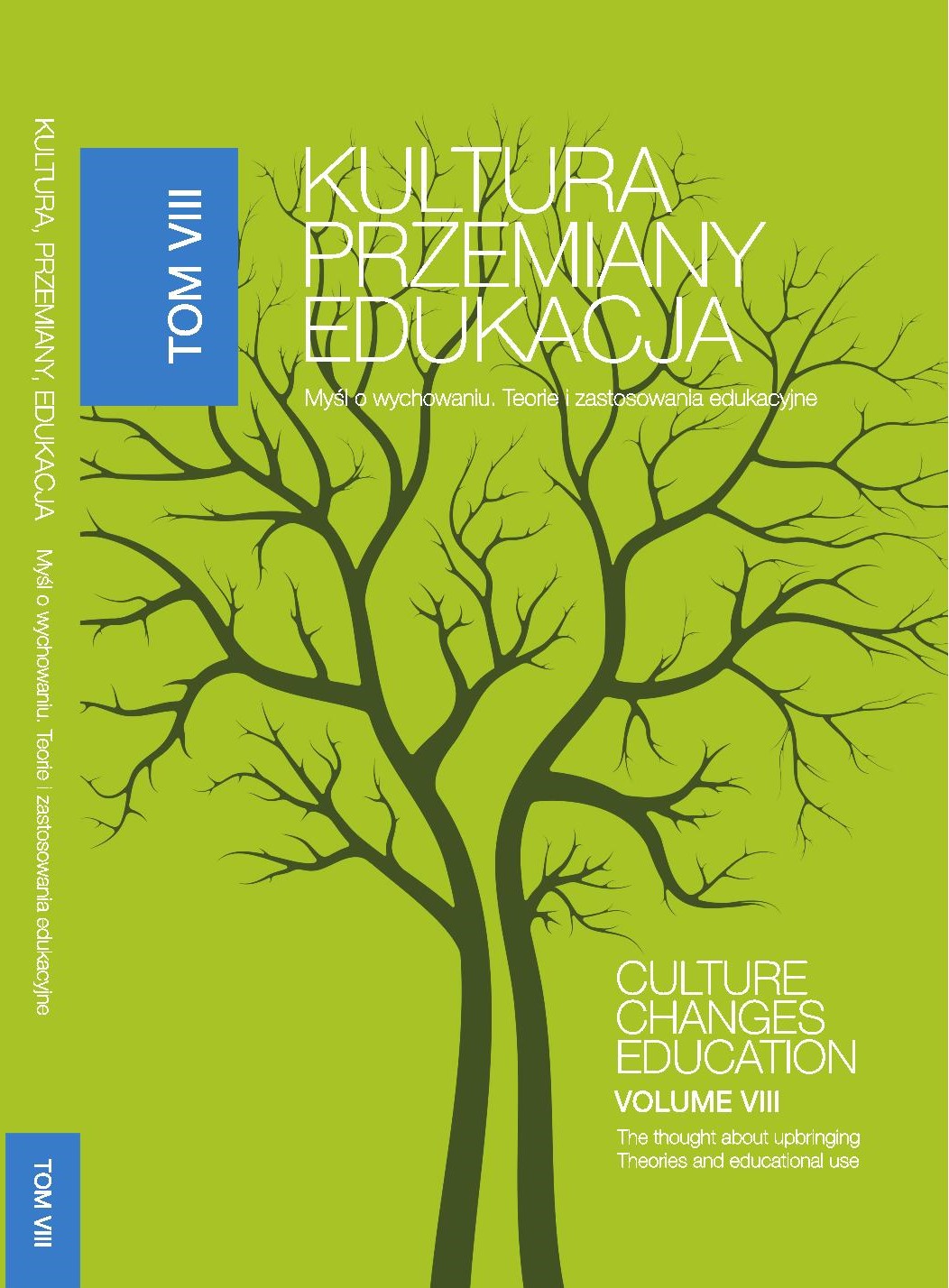Catholic Intelligence Clubs as institutions supporting education and upbringing in the Diocese of Tarnów
DOI:
https://doi.org/10.15584/kpe.2020.8.4Keywords:
Catholic Intelligence Club, Tarnów Diocese, associations, laymen (lay people), religious educationAbstract
Among the various forms of association of the Catholic laity in the Church, one can distinguish associations and organisations – whether they are based on canonical or civil law on associations – and informal circles: religious movements, groups, circles and small groups. The difficult situation of the Church in Poland after World War II was not conducive to the creation of organisations whose activities would be approved by both the church authorities and the state authorities. If, however, quasi-ecclesiastical or religious organisations were to emerge that were recognised by the civil authorities, these were unfortunately organisations that had very little in common with the good of the Church and the faithful. Against this backdrop, the Catholic Intelligence Clubs were a kind of phenomenon. They enjoyed the approval of the Church authorities and, to some extent, the unintentional recognition of the state authorities, and sought to strengthen religious education by forming people and communities in the Christian spirit, shaping social attitudes, creating and deepening Christian culture, intellectual development and various forms of charitable activity. Three Catholic Intelligentsia Clubs were established in the Tarnów Diocese: in Nowy Sącz, Tarnów and Mielec.
Downloads
References
Bednarski D., Bractwa pobożne, stowarzyszenia i ruchy kościelne w diecezji katowickiej (1945-1989), Wyd. Księgarnia św. Jacka, Katowice 2011.
Borowicz S., Kluby Inteligencji Katolickiej po sierpniu 1980 r., „Zeszyty Historyczne” (Paryż) 1986, z. 76.
Friszke A., Oaza na Kopernika. Klub Inteligencji Katolickiej 1956–1989, Wyd. Więź, Warszawa 1997.
Jawor B., Nowosądecki Klub Inteligencji Katolickiej, (w:) XX-lecie Klubu Inteligencji Katolickiej, B. Jawor, A. Hebenstreit, L. Remi, M. Dobrowolska, J. Pach (red.), Nowy Sącz 2000.
Kaźmierczak P., Klub Inteligencji Katolickiej w Krakowie w latach 1956–1989, Wyd. WAM, Kraków 2009.
Kierski K.A., Kryptonim „Tekla”. Działalność inteligencji katolickiej przy parafii pod wezwaniem świętej Tekli w Ciechanowie w świetle dokumentów aparatu bezpieczeństwa (1988–1989), „Meritum” t. 8 (2016).
Krzysztofek K., Stowarzyszenia katolickie w Krakowie w latach 1918–1939. Studium historyczno-prawne, Wydawnictwo Uniwersytetu Jagiellońskiego, Kraków 2014.
Klub Inteligencji Katolickiej w Mielcu w latach 1981–2011. Trzydziestolecie działalności, A. Skowron (red.), Mielec 2013.
Kluby Inteligencji Katolickiej jako przestrzeń działań niezależnych w latach osiemdziesiątych XX wieku, K. Białecki (red.), Wyd. Instytut Pamięci Narodowej (IPN), Warszawa–Poznań 2014.
Łaszczyk M., Kluby Inteligencji Katolickiej w powojennej Polsce. Charakterystyka działalności i próba pastoralnej oceny kościelnej tożsamości środowiska katolików świeckich w okresie PRL-u, „Studia Włocławskie” 7 (2004).
Pawlina P., Bogu dziękujcie, ducha nie gaście. 25 lat Klubu Inteligencji Katolickiej w Tarnowie, Tarnów 2006.
Weron E., Świeccy w Kościele polskim, „Collectanea Theologica” 59 (1989), z. 1.
Zabłocka-Skupieńska D., Kluby Inteligencji 1955–1957, „Chrześcijanin w Świecie”, 1986, nr 10.
Zięba E., Działalność bieżąca, „Odpowiedź. Miesięcznik Klubu Inteligencji Katolickiej im. Arcybiskupa Jerzego Ablewicza w Tarnowie” 2016, nr 255 Kwiecień.
Zięba E., Początki KIK-u w Tarnowie, „Odpowiedź. Miesięcznik Klubu Inteligencji Katolickiej im. Arcybiskupa Jerzego Ablewicza w Tarnowie” 2016, nr 255 Kwiecień.
Żaryn J., Kościół katolicki w PRL: wybrane zagadnienia, hipotezy, prowokacje, „Pamięć i Sprawiedliwość 4 (2005), nr 1 (7).
Żaryn J., Kościół w PRL, Wyd. Instytut Pamięci Narodowej (IPN), Warszawa 2004.
Downloads
Published
How to Cite
Issue
Section
License
Copyright (c) 2020 KULTURA – PRZEMIANY – EDUKACJA

This work is licensed under a Creative Commons Attribution-NoDerivatives 4.0 International License.


